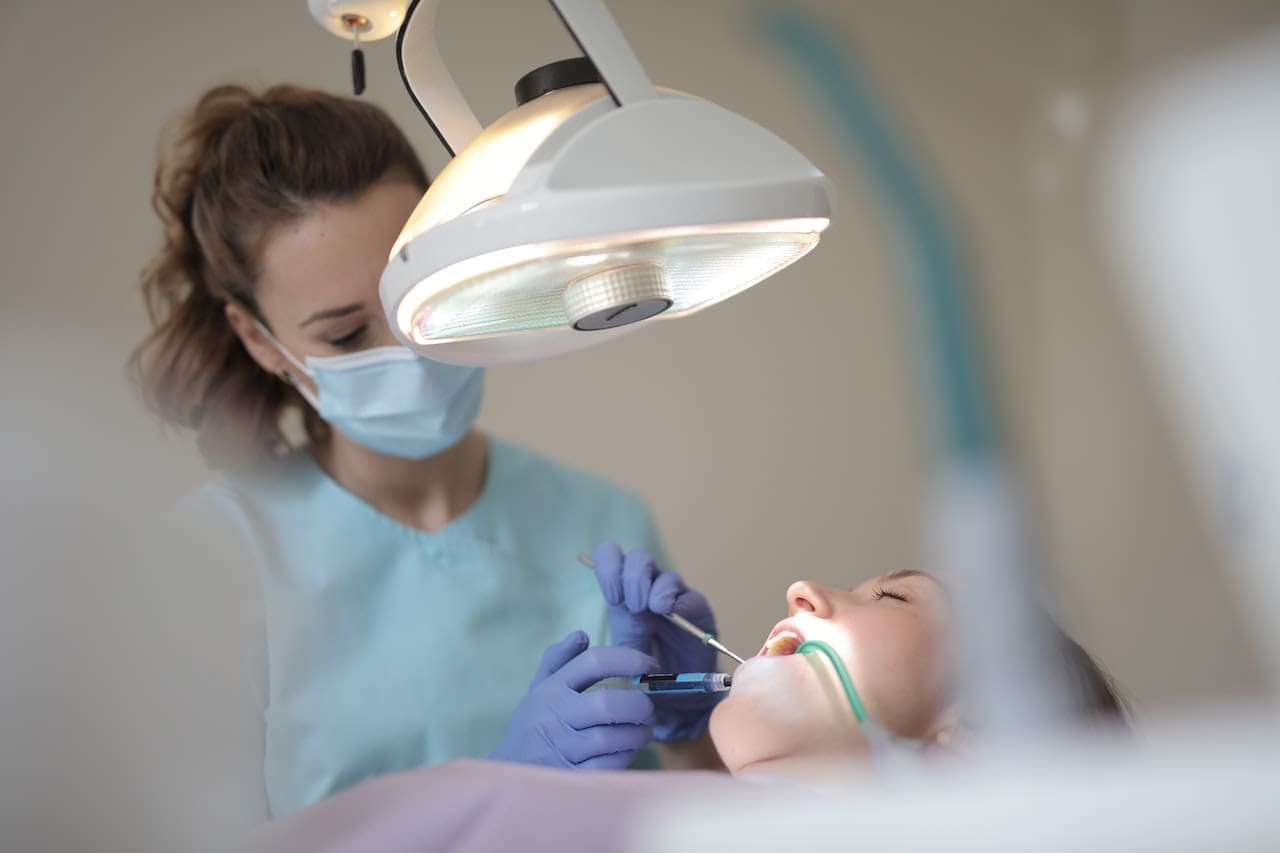Common Symptoms and Causes of TMJ/TMD Disorders
The temporomandibular joint (TMJ) connects your jaw to the skull, allowing for smooth movement when performing everyday tasks such as eating and talking. When this joint becomes misaligned or damaged, a variety of symptoms may arise, indicating a TMJ/TMD disorder. Some common symptoms of TMJ/TMD include:- Jaw Pain and Discomfort: Pain or tenderness around the jaw joint, face, and ears which may worsen while moving the jaw.
- Difficulty Opening and Closing the Mouth: Limited range of motion or a locking sensation when attempting to open and close the mouth.
- Popping or Clicking Sounds: Audible clicking, popping, or grinding noises when moving the jaw during eating or speaking.
- Headaches or Earaches: Frequent headaches or earaches, which can often be mistaken for tension headaches or ear infections.
- Trauma or Injury: Accidents or injuries resulting in damage to the jaw joint.
- Bruxism: Teeth grinding or clenching, which puts excessive pressure on the joint.
- Arthritis: Degeneration of the joint due to the natural aging process or inflammatory arthritis.
- Misaligned Bite: An improper bite, or malocclusion, which affects the distribution of pressure on the jaw joint.
Diagnosing TMJ/TMD Disorders
Because TMJ/TMD symptoms can mimic other dental and health issues, proper diagnosis by a dental professional is crucial. At Weston Dental Specialists Group, our skilled dental team will conduct a comprehensive evaluation to identify the underlying cause of your symptoms. This diagnostic process may include:- Medical History Assessment: A review of your medical and dental history to identify potential contributing factors.
- Physical Examination: A thorough examination of your jaw, neck, and head muscles, as well as an evaluation of your bite.
- Imaging Techniques: X-rays, MRI, or CT scans may be ordered to gain a detailed view of the joint and surrounding structures.
Treatment Options for TMJ/TMD Relief
Once a TMJ/TMD diagnosis has been established, our expert dental team at Weston Dental Specialists Group will create a customized treatment plan based on the severity of your condition and individual needs. Available treatment options may include:- Lifestyle Modifications: Practicing relaxation techniques to reduce stress and tension, avoiding hard or chewy foods, and applying ice packs to alleviate pain and inflammation.
- Oral Appliances: The use of custom-made mouthguards to protect your teeth from grinding or clenching and to improve your bite.
- Medication: Over-the-counter pain relievers, muscle relaxants, or anti-inflammatory medications to manage pain and inflammation.
- Physical Therapy: Exercises, massage, and ultrasound therapy to improve jaw function and alleviate symptoms.
- Surgical Intervention: In severe cases where conservative treatments are unsuccessful, surgical options, such as arthroscopy or joint replacement, may be explored.


